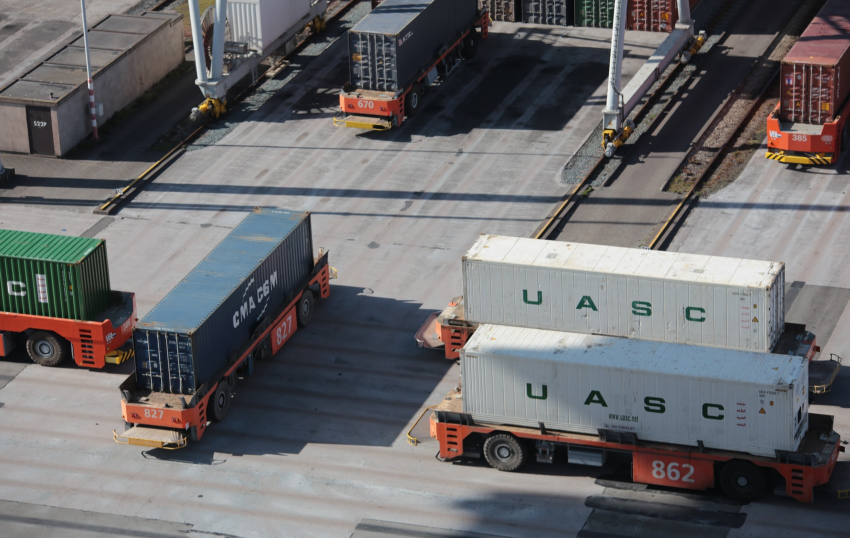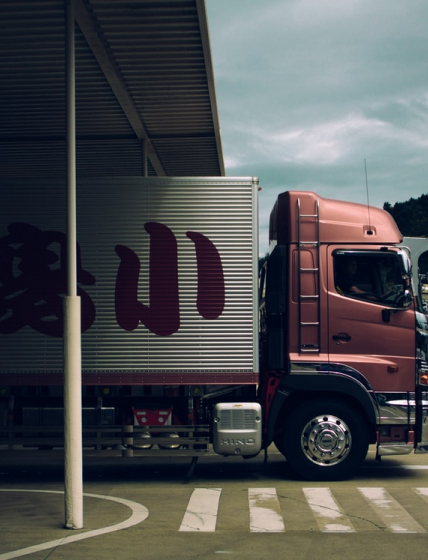Customs services in the logistics sector are an important part of international trade. These services ensure the completion of customs clearance of goods to be imported or exported. Customs services include various stages, such as:
- Customs declaration: The importer or exporter is obliged to make a customs declaration of the goods. The customs declaration contains the type, quantity, origin, value and other relevant information of the goods.
- Customs control: Customs officers check the compliance of the goods with the declared information. This control can be in the form of physical control, document control, or a combination of both.
- Customs duties and other obligations: Customs duties and other obligations may need to be paid for imported goods. These taxes and obligations may vary depending on the type of goods, origin and other factors.





In national and international trade, documents issued during goods shipments are critical for the smooth and smooth completion of customs procedures. The basic customs exit documents used in export and import transactions ensure that trade takes place transparently and effectively.
Customs Declaration
Commercial Invoice
Proforma Invoice
Freight Invoice
Approved Invoice
Consular Invoice
A.TR Circulation Certificate
EUR.1 Roaming Certificate
Certificate of Origin
Check List
Insurance Certificate
Transport Document (Bill of Lading)
Bonded and duty-free storage services play an important role in international trade. These services provide the storage services necessary for the completion of customs clearance of goods to be imported or exported.
Bonded storage services: These are storage services in which goods to be imported or exported are stored before customs duties and other obligations are paid. In bonded warehouses, the goods are kept under customs control and cannot be released before customs duties and other obligations are paid.
Duty-free storage services: These are storage services in which goods to be imported or exported are stored after customs duties and other obligations have been paid. In duty-free warehouses, the goods are not kept under customs control and can be released after customs duties and other obligations have been paid.
Bonded and duty-free warehousing services offer various advantages, such as:
- It ensures that the goods are stored in a safe and controlled manner.
- It helps to complete customs procedures faster and more efficiently.
- It helps to reduce the cost of goods.

